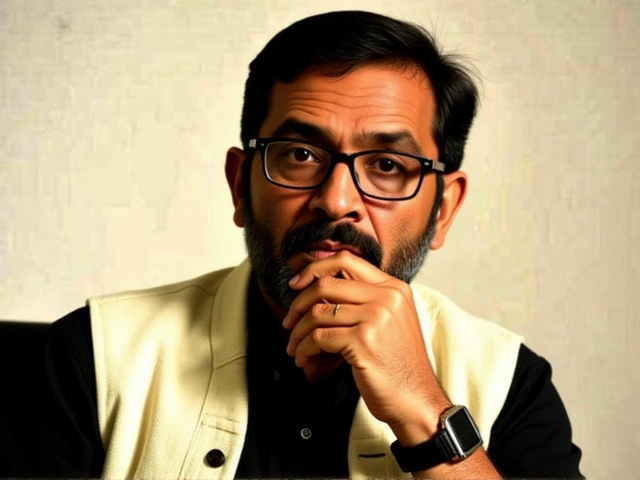Game Programming: Practical Tips & Tools for Every Developer
If you’ve ever wanted to turn a cool idea into a playable game, you’re in the right place. Game programming is a mix of creativity, math, and a lot of debugging. Whether you’re just starting out or you’ve built a few indie titles, the basics stay the same: pick the right engine, write clean code, and test often.
Most beginners start with Unity or Unreal because they hide a lot of the scary low‑level work. Unity uses C#, which reads like plain English and is friendly for people who know JavaScript or Python. Unreal leans on C++ for performance, but its Blueprint visual scripting lets you prototype without typing a line of code. Pick the one that matches your comfort level, then stick with it for a few projects to get the feel.
Essential Tools for Game Coding
Besides the engine, you’ll need a solid code editor. VS Code is lightweight, free, and has extensions for Unity, Unreal, and Godot. If you prefer a full‑featured IDE, Rider or Visual Studio work great with C# and C++. Version control is a non‑negotiable – Git + GitHub or GitLab protects you from losing hours of work when something breaks.
For art assets, Blender is a go‑to for 3D modeling, and Aseprite does a solid job with pixel art. Audio can be handled with Audacity or the free version of FMOD. The key is to keep all assets organized in folders that mirror the game’s structure; it saves you from hunting down a texture at 2 am.
Common Pitfalls and How to Fix Them
One mistake new devs make is hard‑coding values like speed, health, or jump height. Instead, store them in scriptable objects or config files so you can tweak them without digging into code. Another trap is ignoring performance early on. Run the profiler on your first build; if you see spikes, address them before adding more features.
Debugging is easier when you write small, testable functions. Break a complex AI routine into separate methods: pathfinding, decision making, and action execution. Unit tests aren’t just for big studios – they catch bugs before they become invisible bugs in the final build.
Lastly, don’t overlook community resources. Sites like Stack Overflow, the Unity Forums, and the Unreal AnswerHub have thousands of answered questions. When you’re stuck, a quick search often shows that someone else hit the same roadblock.
On this tag page you’ll also find posts covering real‑world examples. For instance, the "Which PC racing car game has the most realistic physics?" article breaks down why Assetto Corsa’s suspension model feels authentic – a great case study for anyone interested in vehicle dynamics. Another post, "What are good free offline games on Steam PC?", lists indie titles you can play without an internet connection, giving you ideas for lightweight game concepts that run on low specs.
Remember, game programming is a marathon, not a sprint. Start small, iterate fast, and gradually layer complexity. Keep a list of what you learn after each project – those notes become a personal cheat sheet that speeds up future development.
Ready to code your first level? Grab Unity, open a new 2D project, and follow a simple tutorial to move a sprite with arrow keys. In a few minutes you’ll see your code turn into visible motion, and that feeling is why so many people keep coming back to game programming.
Math is an essential tool for game programming. Knowing the basics of mathematics can help game developers create more immersive and realistic gaming environments. By understanding the fundamentals of algebra, geometry, trigonometry, and calculus, developers can take advantage of the vast array of mathematical tools to develop games that are more interactive and visually appealing. Additionally, math can help developers to create accurate physics in their games, ensuring that players experience realistic motion and interactions as they play. Finally, math can help game developers to optimize their code and create efficient algorithms, making their games run faster and smoother. In short, math is a critical skill for game programmers, and mastering it is an invaluable asset.
READ MORE





